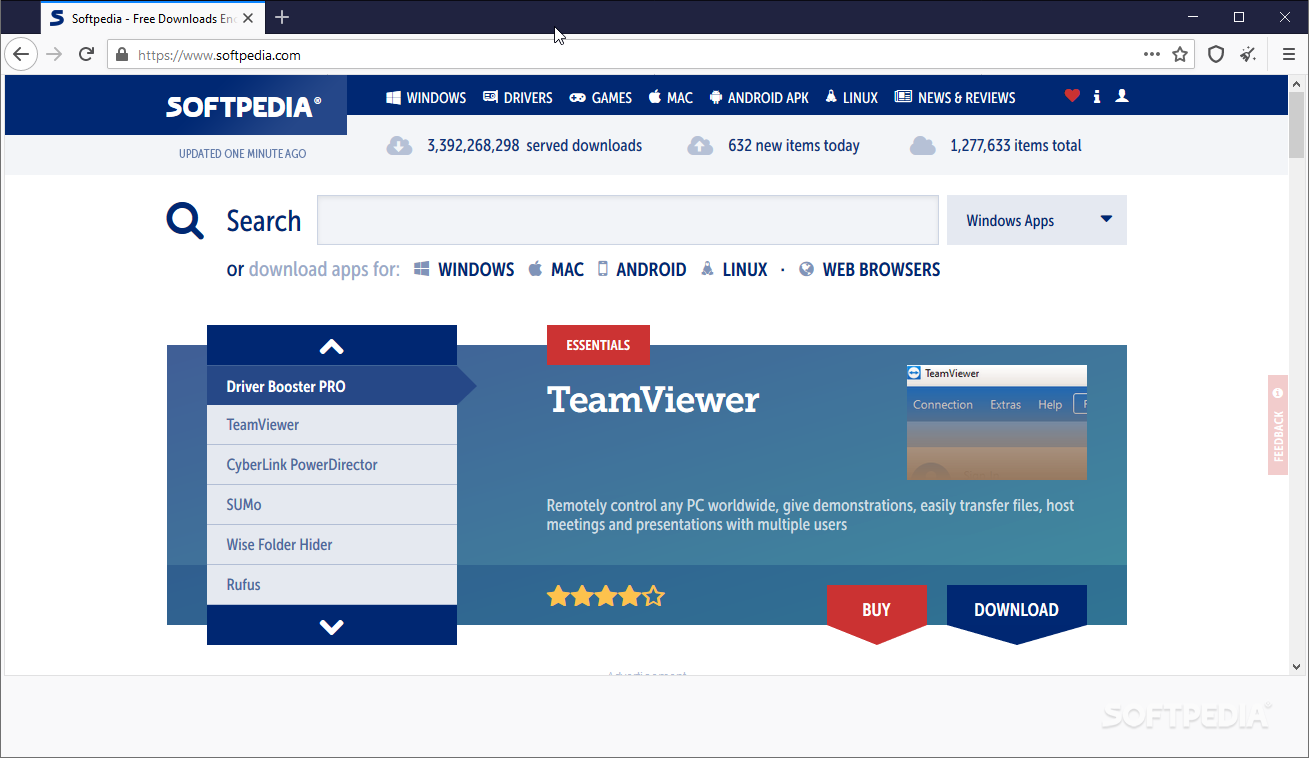


∾ngineers at Tor noted the flaw last year, and warned against sending BitTorrent traffic through the system “We found that a significant fraction of all Tor traffic was at risk of being traced,” says Le Blond.Įngineers at the Tor Project, the non-profit company that develops the software, noted the flaw last year – when Le Blond’s team first identified it, but before they released these details – and warned against sending BitTorrent traffic through the system. Government agents can often use an IP address as a means of identifying an individual user.īitTorrent is so widely used that the de-anonymisation risk applied to almost 1 in 10 communication streams carried over Tor. They could then have recorded the browsing histories of people operating from these addresses – although they did not do so. As they monitored traffic inside and outside the Tor network during a three-week period in 2010, they identified 10,000 internet protocol (IP) addresses being used to send data. In a paper presented on 29 March at the Workshop on Large-Scale Exploits and Emergent Threats in Boston, Le Blond and his team describe how they mounted the privacy attack. Stevens Le Blond and colleagues at the Grenoble and Sophia Antipolis branches of French national research agency INRIA have shown that by comparing the traffic inside and outside the Tor network, it is possible to trace online activity back to the sender.

When the software is used in conjunction with the BitTorrent file-sharing system, some of the traffic may not go through the Tor network. But activists may be putting themselves at risk when using Tor. In Egypt, usage spiked dramatically during the period preceding the ousting of Hosni Mubarak as president early this year. Tor is thought to be widely used by political dissidents in many countries. This is designed to make it difficult for eavesdroppers to identify anyone using the software as they send messages, browse the web or download files. The open source Tor software, which is free to download, routes traffic through a series of servers, each of which encrypts the data. A SECURITY flaw in the popular Tor online anonymity software could put users who share files online at risk of being identified, according to details recently released by a team of researchers in France.


 0 kommentar(er)
0 kommentar(er)
